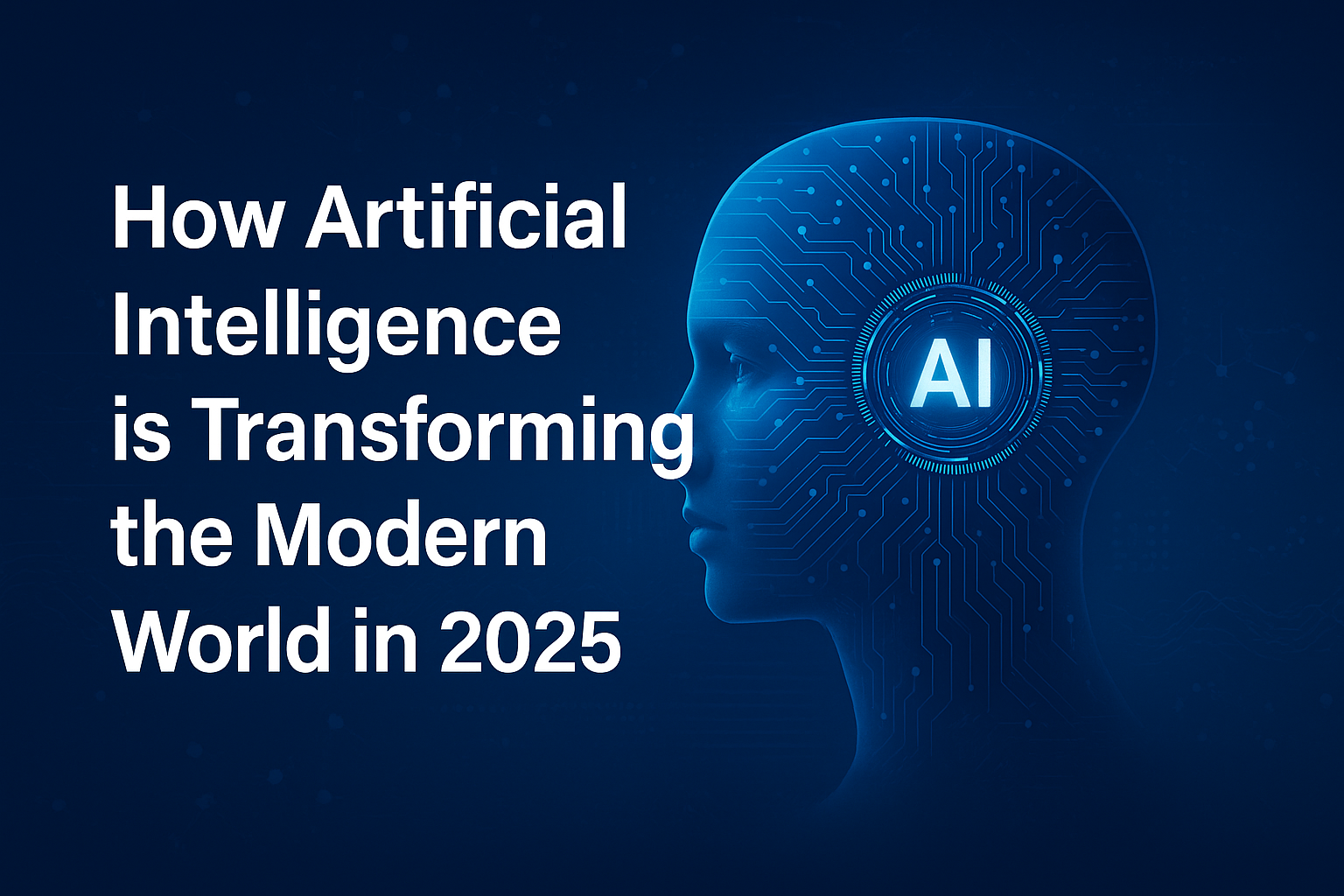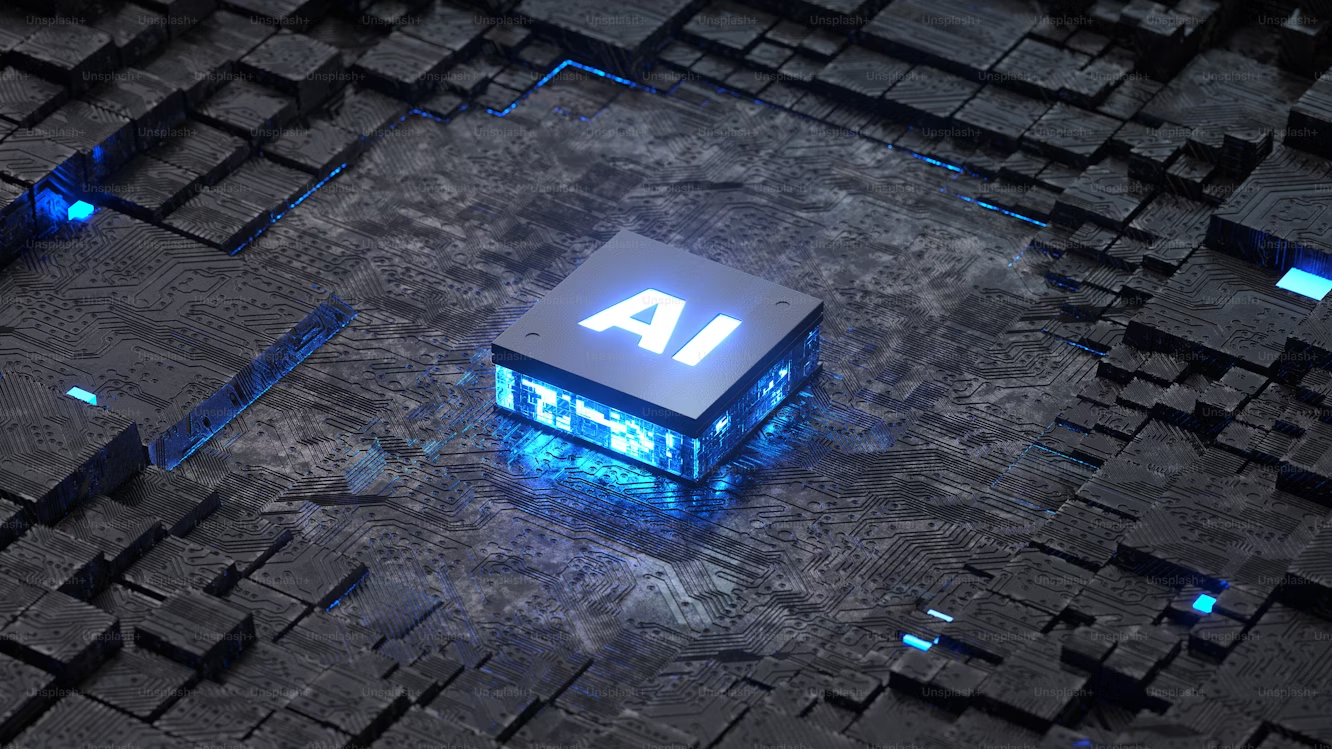Introduction: The Age of Artificial Intelligence Has Arrived
Artificial Intelligence (AI) is no longer a futuristic concept—it’s a present-day reality shaping how businesses operate, how decisions are made, and how people live. From chatbots to autonomous vehicles and predictive analytics, AI is revolutionizing industries and streamlining operations across the globe. As we step deeper into 2025, understanding the impact of AI and its real-world applications is more important than ever. In this blog, we’ll explore how AI is changing the landscape of technology, industry, and society.
AI in Healthcare
AI-powered diagnostics, robotic surgeries, and personalized medicine are enhancing patient outcomes. AI systems help in detecting diseases like cancer at early stages using image recognition and predictive analytics.
AI in Business and Marketing
Businesses are leveraging AI for data analysis, customer segmentation, automation of repetitive tasks, and chatbots for real-time customer service. Predictive marketing is becoming more accurate, saving time and improving ROI.
AI in Finance
From fraud detection to automated trading systems, AI is optimizing financial services. AI models assess credit scores, manage investments, and improve decision-making with real-time market analysis.
Smart Cities and Transportation
AI contributes to traffic management, smart energy systems, and autonomous vehicles. It plays a crucial role in building smart cities by increasing efficiency and reducing environmental impact.
AI in Education
Personalized learning platforms, intelligent tutoring systems, and automated grading are transforming the way students learn and teachers instruct.

- Increased efficiency and productivity
- Enhanced accuracy and decision-making
- Cost reduction through automation
- Scalable solutions for various industries
- 24/7 availability with AI-powered virtual assistants
AI will continue to evolve, with advancements in neural networks, quantum computing, and human-machine collaboration. Industries are investing heavily in AI research and development, and we can expect smarter, faster, and more ethical AI models in the years to come. Governments and organizations must work together to create regulations and frameworks that ensure the responsible use of AI technology.

1. What are the main types of AI?
There are three types: Narrow AI (task-specific), General AI (human-level cognition), and Super AI (beyond human intelligence, still theoretical).
How does machine learning relate to AI?
Machine learning is a subset of AI that enables machines to learn from data and improve performance over time without being explicitly programmed.
Will AI replace human jobs?
AI may automate certain tasks, but it also creates new opportunities and roles, especially in tech, data science, and AI system management.
Is AI safe to use?
When developed responsibly, AI is safe. However, issues like biased algorithms and data misuse need strict regulation and oversight.
What industries benefit the most from AI?
Healthcare, finance, manufacturing, retail, education, and transportation are among the sectors seeing major gains from AI integration.